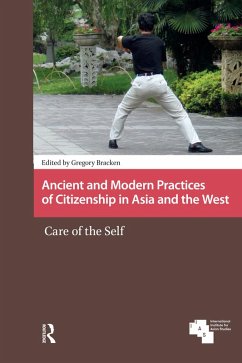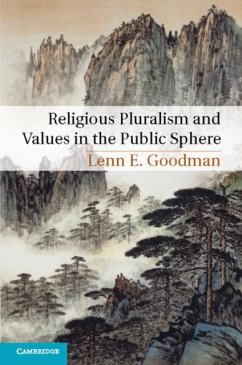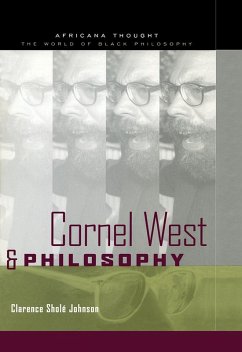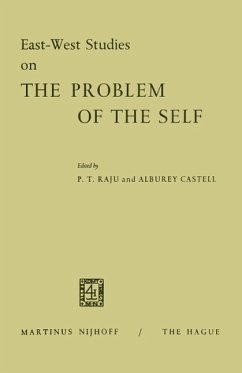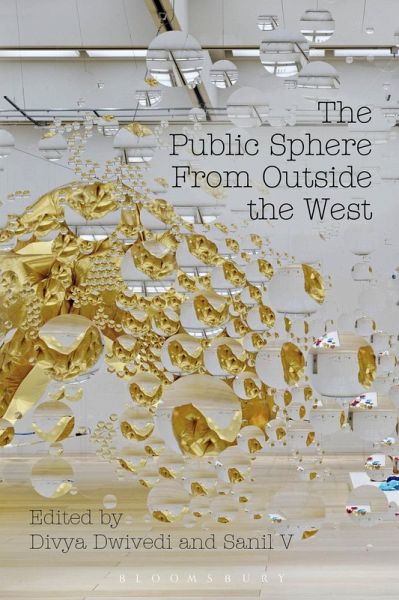
The Public Sphere From Outside the West (eBook, PDF)
Versandkostenfrei!
Sofort per Download lieferbar
31,95 €
inkl. MwSt.
Weitere Ausgaben:

PAYBACK Punkte
16 °P sammeln!
The Public Sphere from Outside the West brings together established and emerging new voices from philosophy, literature, anthropology, history, migration studies and information technology to address the present reality of the public sphere. In the age where everyone is in the public and everything is visible, this volume creates a delay in which the internet of things, mass surveillance and social media are asked "What is/not the Public?" The essays bring to attention the formation of geo-politically and historically distinct public spheres from South Africa, India, America and Europe. Such f...
The Public Sphere from Outside the West brings together established and emerging new voices from philosophy, literature, anthropology, history, migration studies and information technology to address the present reality of the public sphere. In the age where everyone is in the public and everything is visible, this volume creates a delay in which the internet of things, mass surveillance and social media are asked "What is/not the Public?" The essays bring to attention the formation of geo-politically and historically distinct public spheres from South Africa, India, America and Europe. Such formations are found not only in the postcolonial histories of print, photography, cinema and caricature but also those underway in the digital era, such as the Arab Spring, Occupy movements and Anonymous. Through critical engagement with philosophers such as Kant, Heidegger, Benjamin, Habermas and Arendt , the determining concepts of the Public Sphere-privacy, secrecy, reason, the people-are shown to be undergoing epistemological and practical ruptures. Demonstrating the necessity of these considerations to understand the world public that is rapidly transforming this concept in radical ways through technologies today, this is the first collection on the subject to feature an impressive range of international thinkers. Global and timely in outlook, it breaks new ground and changes our way of looking at politics in the 21st century.







